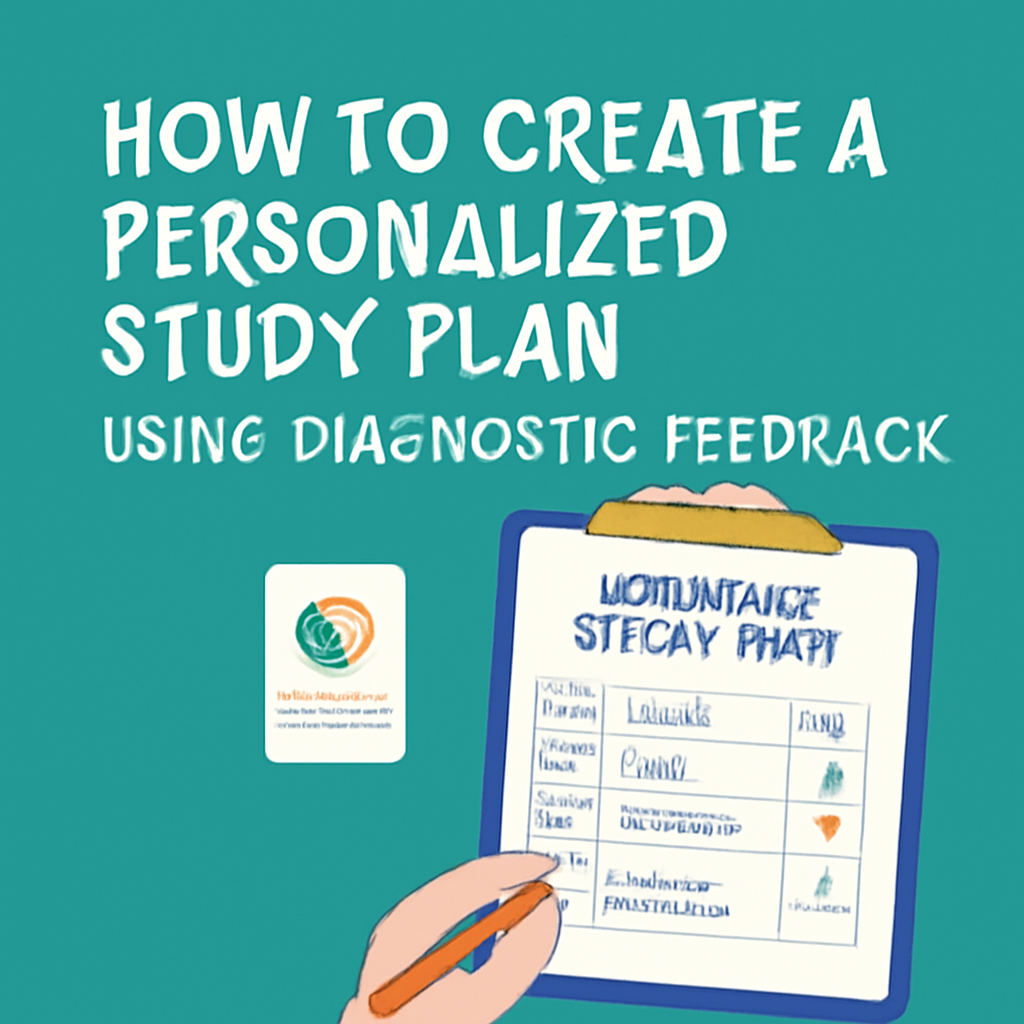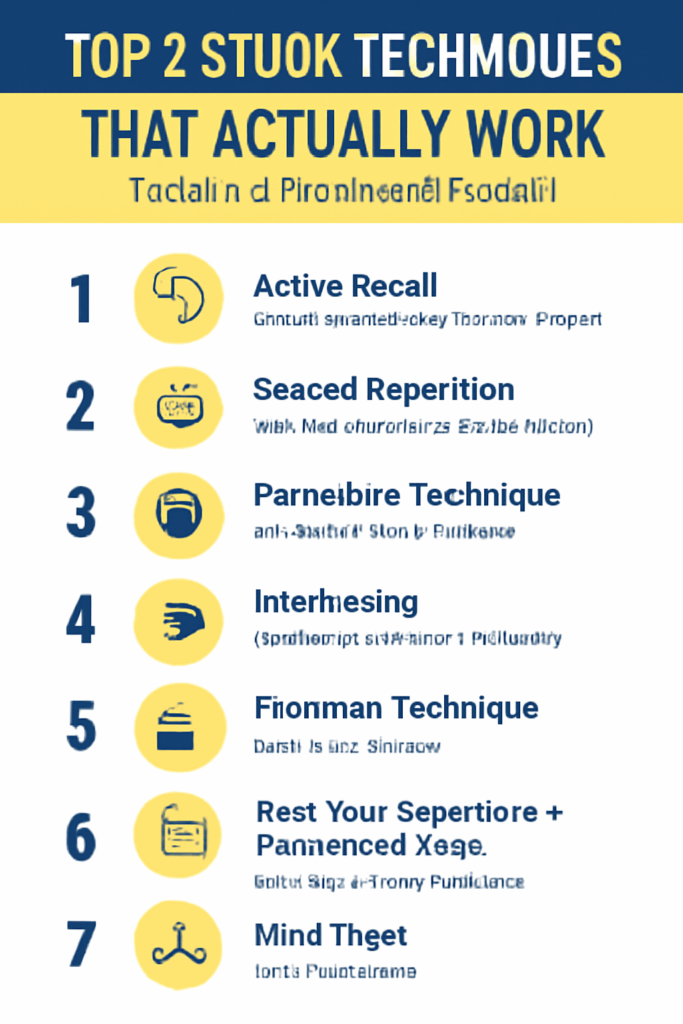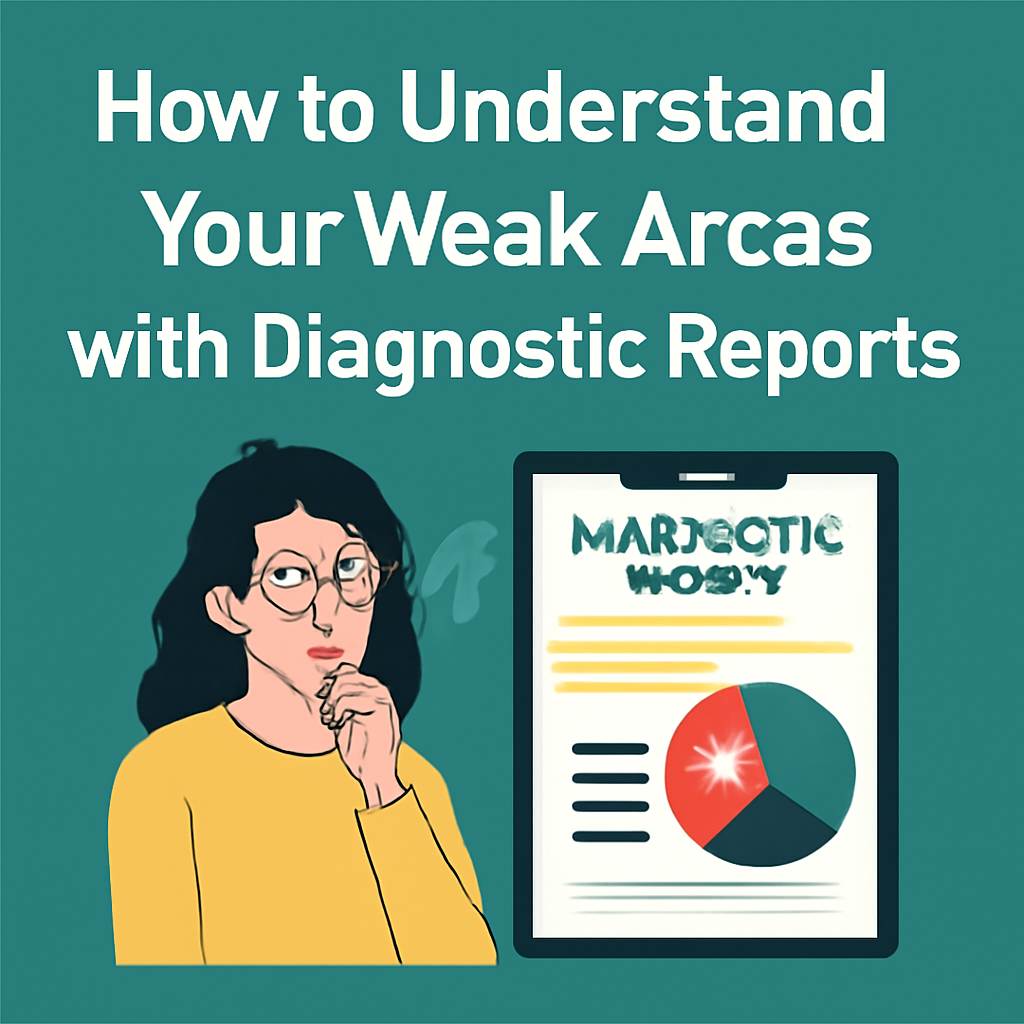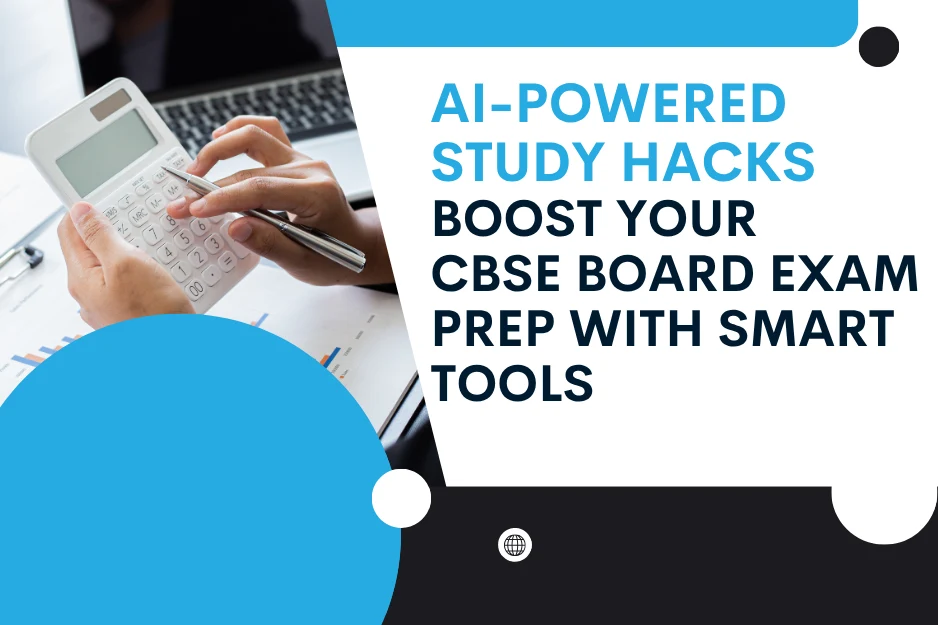Crack the CBSE Board Exams: How Diagnostic Tests Help You Score Smarter

Board exams can feel overwhelming — chapters to revise, notes to memorize, sample papers to solve. But what if there was a smarter way to study less and score more?
Welcome to the power of diagnostic tests — your secret weapon to cracking CBSE board exams with confidence, strategy, and clarity.
🧠 What Are Diagnostic Tests?
A diagnostic test is a short, focused assessment you take before studying a topic. It’s not about marks — it’s about finding out:
- What you already know ✅
- What you need to work on ❌
- Where your concepts are weak or strong 📊
Think of it like a doctor’s scan before treatment. Once you know the problem, you can fix it better!
💡 Why Diagnostic Tests Are a Game-Changer for CBSE Students
| Benefit | What It Means for You |
|---|---|
| 🎯 Smart Focus | Study only what you need — save time and energy |
| 📉 Reduce Silly Mistakes | Spot patterns in where you go wrong |
| 📚 Better Revision | Prioritize high-weightage chapters where you’re weak |
| 🧠 Stronger Concepts | Catch foundational gaps before they hurt your final score |
| 📈 Track Improvement | Retest after studying to measure your growth |
| ⏰ Time-Saver | Stop wasting time on already-mastered topics |
🔍 How It Works (Step-by-Step)
Step 1: Take a Chapter-Wise Diagnostic Test
Example: Class 10 Science → Chapter: Acids, Bases, and Salts
– MCQs
– Assertion-Reason
– Case-based questions
– Competency-based tasks
📍Use platforms like [diagnosticassessment.in] for ready-made tests aligned with NCERT.
Step 2: Analyze Your Performance
Look for:
- Which questions you got wrong?
- Was it a knowledge gap or careless error?
- Which subtopics are weak?
If you got “Uses of baking soda” wrong → You don’t need to revise the whole chapter — just that section!
Step 3: Make a Study Plan Based on Results
| Weak Area | Action |
|---|---|
| Chemical reactions vs physical changes | Rewatch a video or read NCERT again |
| Misunderstood acid-base indicators | Use flashcards & test yourself |
| Lost marks in ARQs | Practice more with reasoning questions |
📌 Focus on what you missed, not what you already know!
Step 4: Retake the Diagnostic or Mini Test
- Score 8/10 or more? ✅ Move to next topic
- Still scoring low? ➡️ Seek help from a teacher, peer, or video explainer
📊 Real Example: Class 10 Maths – Linear Equations
| Subtopic | Diagnostic Score | Strategy |
|---|---|---|
| Graph-based Qs | 2/5 | Redo NCERT examples, practice graph plotting |
| Word Problems | 4/4 | No revision needed – mastered |
| Variable Elimination | 1/5 | Watch step-by-step video, do 3 problems daily |
Result: Smart revision plan → improved score in next test
🧪 Science of Smarter Study
CBSE toppers don’t study more — they study strategically.
Diagnostic assessments help you:
- Study what matters most
- Avoid guesswork
- Practice targeted revision
- Build confidence before the exam
No more “I’ll read the whole book just in case” stress!
🚀 Bonus Tips to Use Diagnostic Tests Effectively
✅ Take tests honestly — no peeking at notes!
✅ Don’t get discouraged by wrong answers — they are your learning clues
✅ Maintain a diagnostic logbook to track your progress
✅ Use retest + reflection method every week
✅ Ask teachers to help you understand tough questions
📘 Platforms to Try
| Platform | Features |
|---|---|
| [diagnosticassessment.in] | Topic-wise tests + auto-analysis + improvement plan |
| [School of Educators] | Worksheets, question banks, and peer learning |
| CBSE Sample Paper Portal | For full-length practice after diagnostics |
🏁 Final Thoughts
📍 Exams are not just about how much you study — but how well you learn.
📍 Diagnostic tests give you a roadmap to study smart, not hard.
📍 They help you fix your weak points before the final paper exposes them.
So before you open your books next time, take a diagnostic test. Let your results lead your revision — and crack the CBSE board exam smarter than ever!







Responses